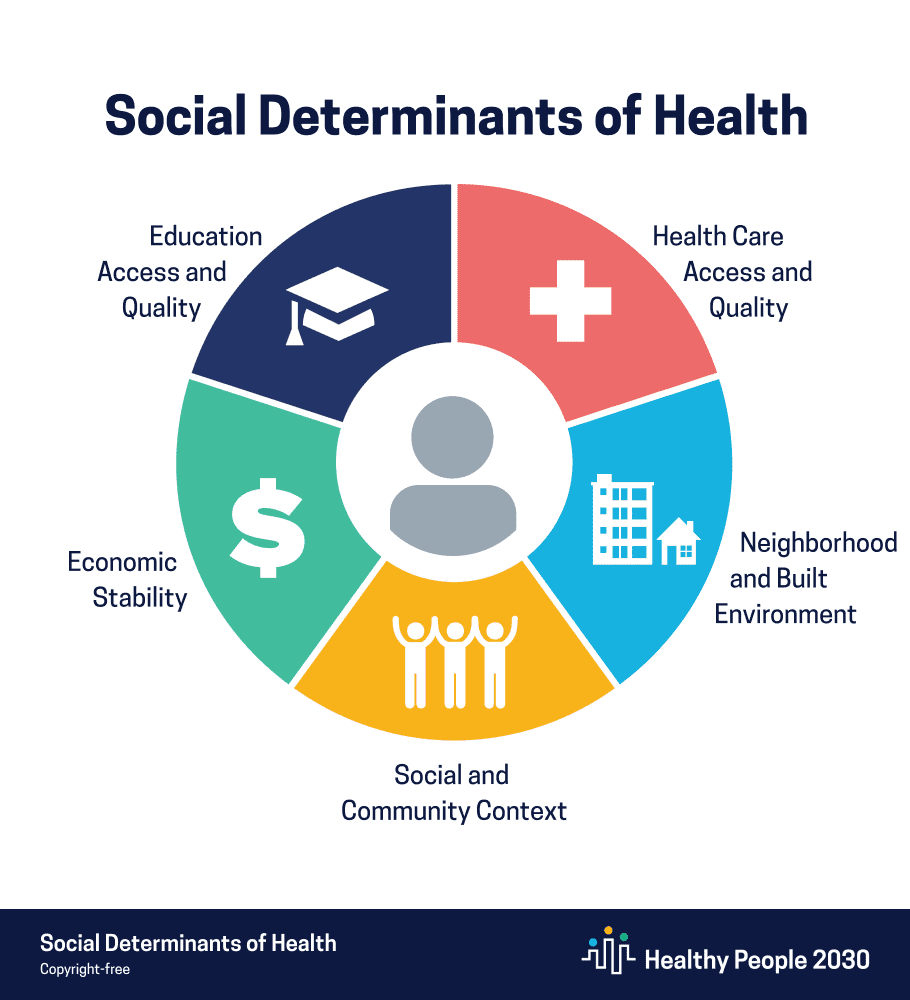Community Health Worker Certificate Program
- Academics
- Community Health Worker Certificate Program
Community Health Worker Certificate Program Related Links
Academics
The Summer 2025 Community Health Worker (CHW) training cohort will be the final offering of this program. We will not be accepting applications for a Fall 2025 cohort.
What is a Community Health Worker?
Community health workers (CHWs) are grassroots health workers who live in the communities they serve. They advocate for their friends, families, and members of their community to bring reliable health information and services to under-resourced communities. They are an essential part of closing the gap of healthcare disparities in areas that are under-resourced and underserved. The American Public Health Association says, “A community health worker also builds individual and community capacity by increasing health knowledge and self-sufficiency through a range of activities such as outreach, community education, informal counseling, social support and advocacy.”
CHWs are liaisons between medical professionals, social workers, and patients. They help patients and their families navigate and access community services, healthcare resources, and adopt healthy preventative behaviors. They are part educators, part social workers, and part nursing assistants who live in the communities they proudly serve.
Why Kettering College?
Kettering College, located in Kettering, OH is a suburb of Dayton, OH. Health Resources and Services Administration (HRSA) designated West Dayton and Trotwood as areas that are medically underserved. At Kettering College our vision is to transform lives through innovative healthcare education. Thus, it is our goal to do what we can to improve the social determinants of health, which are factors that can prevent people from receiving or having access to quality resources or programs. Social determinants of health look at the environment someone is surrounded by that they are born into that can determine their quality of life.


How does a CHW help marginalized community members gain more access to resources, healthcare, and knowledge? They relate to the patient. They share with them they too have experienced these setbacks, but there are resources to help empower them, so they do not have to settle for the situation they are currently experiencing. The CHW, who has a similar background or experiences to the patient, begins to build trust to connect the patient to the right resources to start bridging the healthcare gap in underserved areas.
Since the program’s mission is to train those within the community to serve the community, students might also need assistance to complete the program.
The grant Kettering College has received covers tuition, laptops, as well as assistance with various wrap-around services to help with expenses such as childcare or transportation. The aim is to eradicate obstacles for students experiencing some of the same barriers as the patients they will one day serve.
Interested in the Community Health Worker Certificate Program? Apply today!
Kettering College Preparing to launch new Community Health Worker Program
Kettering College Looking for Applicants for New Community Health Worker Program
Kettering College Looking for Applicants for New Community Health Worker Program
This resource is supported by the Health Resources and Services Administration (HRSA) of the U.S. Department of Health and Human Services (HHS) as part of an award totaling $1,847,399.00 with $0 from nongovernmental sources. The contents are those of the author(s) and do not necessarily represent the official views of, nor an endorsement, by HRSA, HHS, or the U.S. government. For more information, please visit HRSA.gov.